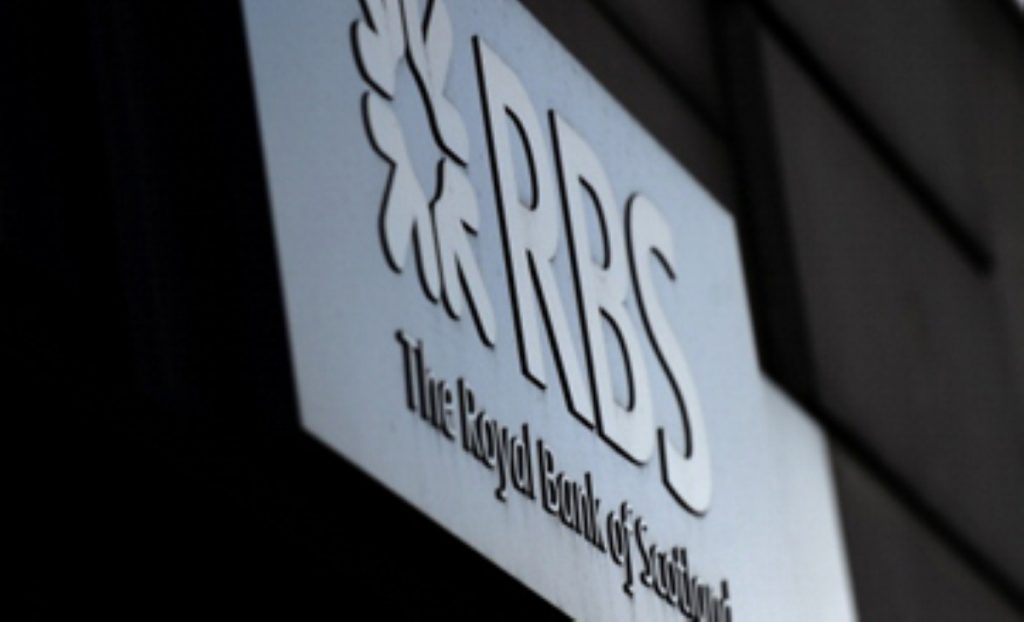RBS: Osborne raises stakes with ‘internal bad bank’ move
By politics.co.uk staff
The government has decided not to break up the Royal Bank of Scotland (RBS), in a move which could make it harder to recoup taxpayers' money.
George Osborne is looking to create an internal "bad bank" which houses the toxic elements and bad loans of the business.
The decision, which will see the bank’s investment banking arm reduced and more assets sold off, underlines a renewed focus on internal repair rather than a complete breakup.


It could make it more difficult to sell off the bank as a whole in the future. But if the repairs are successful the decision could help any future sale.
"Under this new direction RBS will deal decisively with the problems of the past by separating out the good from the bad, and putting the bad loans in a bad bank," Osborne said.
Speaking on the Today programme, he added: "My absolute determination is to get back the money that the British taxpayer put in… Hopefully and eventually we will get our money back."
RBS was bailed out by £45 billion of taxpayers' money, leaving the government holding an 81% stake in the bank.
Osborne had previously said he would only significantly change its structure if doing so provided taxpayers with clear benefits.
That goes against the advice of Treasury committee chair Andrew Tyrie, who believes the bank should be restructured to focus on supporting the UK economy.
"The tests for these changes at RBS are whether they see the taxpayer ultimately get its money back and whether they actually boost business lending and radically transform this bank to put an end to business as usual," shadow chancellor Ed Balls said.
RBS announced a loss of £634 million in the third quarter of 2013.
It plans to put £38 billion of problem loans into a new 'capital resolution division' next year, freeing up about £11 billion of capital.
Part of this could be used to increase the bank's lending to small businesses, which has disappointed ministers so far.
The financial regulator, the Financial Conduct Authority (FCA), has said it wants banks to hold more capital and run down or sell bad assets.
This is likely to result in the bank making a further loss in the current quarter as it clears out the bad assets.












